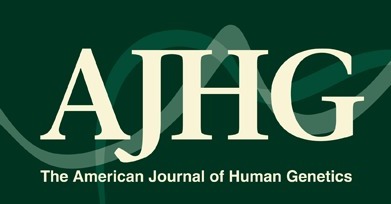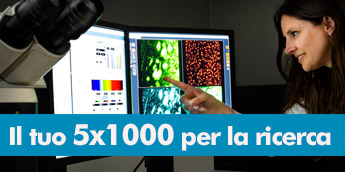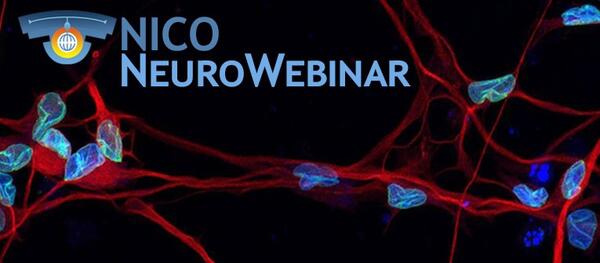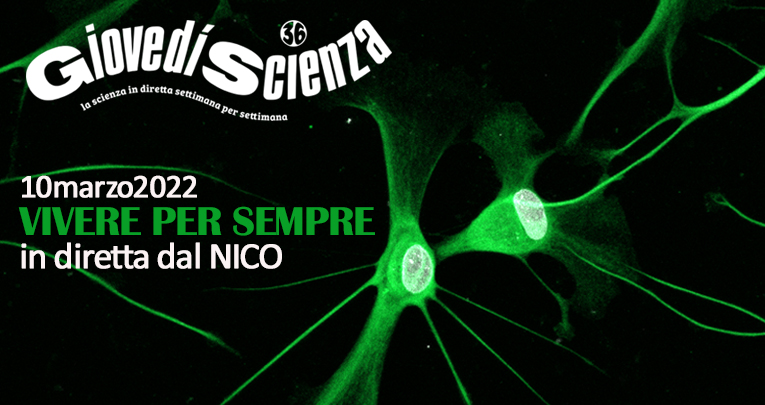
The American Journal of Human Genetics, August 2014
ELOVL5 Mutations Cause Spinocerebellar Ataxia 38
Eleonora Di Gregorio,1,2 Barbara Borroni,3 Elisa Giorgio,1 Daniela Lacerenza,1 Marta Ferrero,1 Nicola Lo Buono,1 Neftj Ragusa,1 Cecilia Mancini,1 Marion Gaussen,4,5,6,7 Alessandro Calcia,1 Nico Mitro,8 Eriola Hoxha,9 Isabella Mura,10 Domenico A. Coviello,10 Young-Ah Moon,11 Christelle Tesson,4,5,6,7 Giovanna Vaula,12 Philippe Couarch,4,5,6 Laura Orsi,12 Eleonora Duregon,13 Mauro Giulio Papotti,13 Jean-Franc¸ois Deleuze,14 Jean Imbert,15 Chiara Costanzi,3 Alessandro Padovani,3 Paola Giunti,16 Marcel Maillet-Vioud,17 Alexandra Durr,4,5,6,18 Alexis Brice,4,5,6,18 Filippo Tempia,9 Ada Funaro,1 Loredana Boccone,19 Donatella Caruso,9 Giovanni Stevanin,4,5,6,7,18 and Alfredo Brusco1,2,
Spinocerebellar ataxias (SCAs) are a heterogeneous group of autosomal-dominant neurodegenerative disorders involving the cerebellum and 23 different genes. We mapped SCA38 to a 56 Mb region on chromosome 6p in a SCA-affected Italian family by whole-genome linkage analysis. Targeted resequencing identified a single missense mutation (c.689G>T [p.Gly230Val]) in ELOVL5.
Mutation screening of 456 independent SCA-affected individuals identified the same mutation in two further unrelated Italian families. Haplotyping showed that at least two of the three families shared a common ancestor. One further missense variant (c.214C>G [p.Leu72Val]) was found in a French family. Both missense changes affect conserved amino acids, are predicted to be damaging by multiple bioinformatics tools, and were not identified in ethnically matched controls or within variant databases. ELOVL5 encodes an elongase involved in the synthesis of polyunsaturated fatty acids of the ω3 and ω6 series. Arachidonic acid and docosahexaenoic acid, two final products of the enzyme, were reduced in the serum of affected individuals. Immunohistochemistry on control mice and human brain demonstrated high levels in Purkinje cells.
In transfection experiments, subcellular localization of altered ELOVL5 showed a perinuclear distribution with a signal increase in the Golgi compartment, whereas the wild-type showed a widespread signal in the endoplasmic reticulum. SCA38 and SCA34 are examples of SCAs due to mutations in elongase-encoding genes, emphasizing the importance of fatty-acid metabolism in neurological diseases. [read more]
1Department of Medical Sciences, University of Torino, 10126 Torino, Italy;
2Medical Genetics Unit, Azienda Ospedaliera Universitaria Citta' della Salute e della Scienza, 10126 Torino, Italy;
3Department of Neurology, University of Brescia, 25100 Brescia, Italy;
4Institut National de la Santé et de la Recherche Médicale U1127, 75013 Paris, France;
5Centre National de la Recherche Scientifique UMR 7225, 75013 Paris, France;
6Sorbonne Universités, Université Pierre et Marie Curie (Paris 6) UMR_S 1127, Institut du Cerveau et de la Moelle Epinière, 75013 Paris, France;
7Neurogenetics team, Ecole Pratique des Hautes Etudes, HéSam Université, 75013 Paris, France;
8Department of Pharmacological and Biomolecular Sciences, University of Milano, 20133 Milano, Italy;
9Neuroscience Institute Cavalieri Ottolenghi, University of Torino, 10043 Orbassano, Italy;
10Laboratory of Human Genetics, Galliera Hospital, 16128 Genova, Italy;
11Department of Molecular Genetics, University of Texas Southwestern Medical Center, Dallas, TX 75390-9046, USA;
12Neurologic Division 1, Department of Neuroscience and Mental Health, Azienda Ospedaliera Universitaria Citta' della Salute e della Scienza, 10126 Torino, Italy;
13Department of Oncology, University of Torino at San Luigi Hospital, 10043 Orbassano, Italy;
14Centre National de Génotypage, 91057 Evry, France;
15Transcriptomic and Genomic Marseille-Luminy platform, Technological Advances for Genomics and Clinics Laboratory, Institut National de la Santé et de la Recherche Médicale UMR_S 1090, Aix-Marseille University, 13009 Marseille, France;
16Department of Molecular Neuroscience, University College London Institute of Neurology, WC1 N3BG London, UK;
17Centre Hospitalier General de Montlucon, 03113 Montlucon, France;
18Fédération de Génétique, Pitié-Salpetrière Hospital, Assistance Publique – Hopitaux de Paris, 75013 Paris, France;
19Ospedale Regionale Microcitemie, Azienda Unità Sanitaria Locale 8, 09121 Cagliari, Italy
Agenda
Area Ricercatori
Guarda il video
GiovedìScienza racconta la ricerca al NICO
Vivere per sempre.
Una popolazione sempre più longeva, i suoi problemi e le risposte della ricerca
Hai perso la diretta? Guarda ora il video di GiovedìScienza al NICO: una puntata in diretta dai nostri laboratori dedicata alla ricerca sull'invecchiamento.









